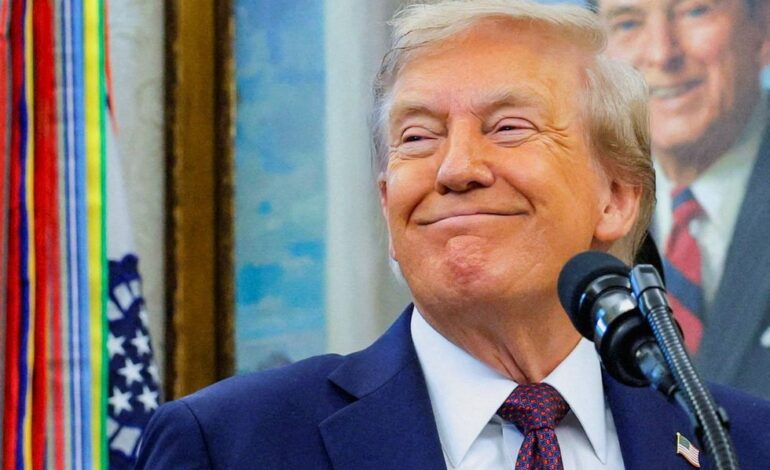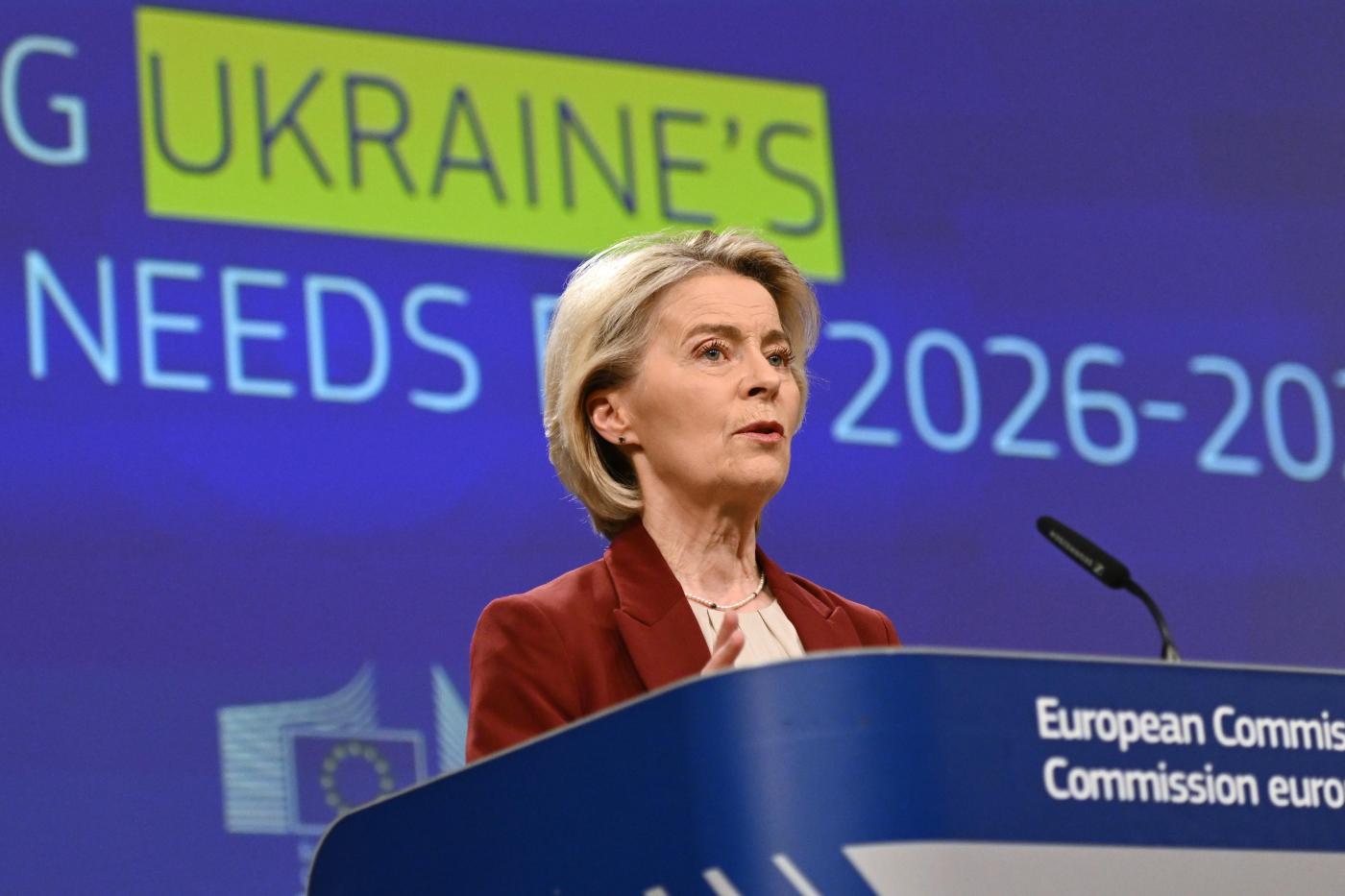Trump’s Policies Propel U.S. Backward on Climate Action

The recent political landscape in the United States reflects a stark reversal in climate policies under President Donald Trump. His administration is characterized by a profound disengagement from global environmental efforts, which many experts argue is contributing to the worsening climate crisis. This shift is evident not only in his domestic policy but also in his international engagements, including a recent visit to the United Kingdom where he met with King Charles III and Queen Camilla.
During his second term, Trump’s policies have largely favored traditional fossil fuel industries over renewable energy sources. In a notable statement at the United Nations, he referred to climate change as “the greatest con job ever perpetrated on the world,” while advocating for coal energy. These sentiments were echoed in his successful 2024 presidential campaign, which prominently featured the slogan “drill, baby, drill.” Such rhetoric has raised concerns about the future of environmental initiatives in the U.S. and abroad.
The implications of Trump’s policies extend beyond national borders. China is emerging as a leader in green energy, producing twice as much renewable energy as the rest of the world combined. As Trump has sought to bolster the fossil fuel industry, his actions risk ceding global leadership in sustainable energy to China. The country is ramping up production of green technologies, including wind turbines and solar panels, while the U.S. appears to be regressing.
In a significant agreement, Trump secured a deal with the European Union to sell an additional $750 billion worth of American natural gas and oil by the end of his second term. This arrangement highlights the administration’s commitment to fossil fuels, even as global demand shifts toward greener alternatives. Critics argue that such policies not only undermine climate goals but also threaten economic competitiveness in a rapidly changing energy market.
Trump’s approach to tariffs further complicates the situation. He has reintroduced outdated tariff policies that disadvantage U.S. economic relations with other nations, potentially isolating the country at a time when international collaboration is essential for addressing climate change. According to analysts, this strategy may inadvertently enhance China’s economic position, allowing it to thrive in an increasingly competitive global environment.
The environmental impact of military actions remains another pressing concern. Recent studies indicate that as of 2022, the carbon output of the U.S. military exceeded that of nearly 140 national governments. Ongoing conflicts, including the war in Ukraine and tensions in the Middle East, exacerbate greenhouse gas emissions, contributing to the planet’s deteriorating climate.
As Trump consolidates power, his administration’s focus on military strength and fossil fuel production may further entrench a retrogressive stance on global issues. With over three years left in his term, many are left to ponder the long-term consequences of these policies on both the U.S. and the world.
In a world grappling with climate change, the actions of political leaders like Trump will significantly shape the trajectory of environmental health for generations to come. The urgency for a cohesive and forward-thinking climate strategy has never been more critical, as the future of the planet hangs in a delicate balance.






